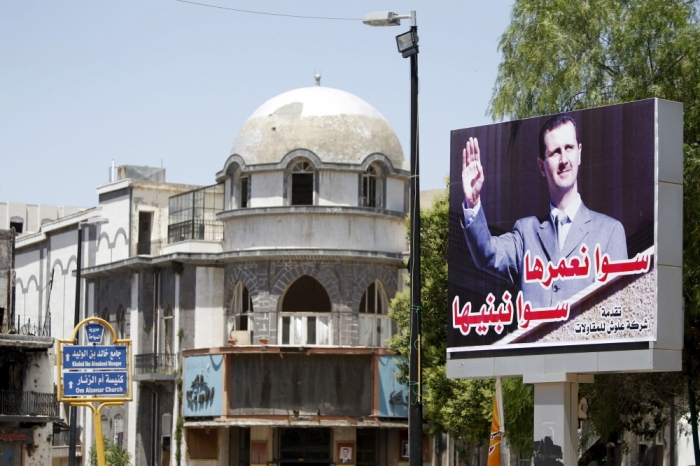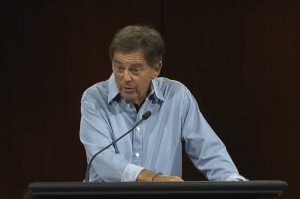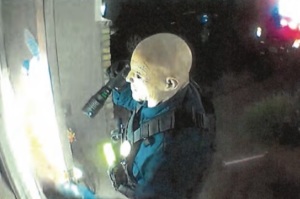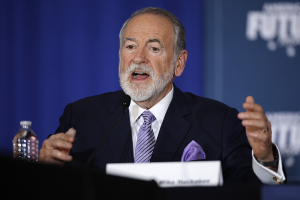US Facing Difficult Alliance With Russia in Fight Against ISIS as Kremlin Backs Assad

With the recent news that Russian forces are joining the fight against the Islamic State terror group in Syria, but will be fighting on President Bashar al-Assad's side, U.S. Secretary of Defense Ash Carter noted that America will still be attempting to pursue both the fall of Assad and the fall of the Islamic terrorists.
"The United States believes that these two interests must be pursued in parallel," Carter said during a press event, Defense News reported on Thursday.
"To pursue the defeat of ISIL without, at the same time, pursuing a political transition, is to fuel the very kind of extremism that underlies ISIL, and if that's the Russian view, that's a logical contradiction," Carter added.
Russian President Vladimir Putin has stood behind Assad as a close ally, and has given him his full backing on defeating IS and the various other rebel groups in Syria that have been locked in a four-year civil war with the government.
The U.S., on the other hand, has been engaging in airstrikes against the Islamic militants, while at the same time insisting that Assad must be brought down from power.
Syria's leader has been accused by America and human rights groups of committing gross atrocities against his own people in the fight against the rebels, using chemical attacks and launching aerial bombs on cities that have killed scores of civilians.
The crisis in Syria has created a vast refugee crisis, with four million people seeking asylum in Europe and other Western states. Those who have stayed have described the war as a "cruel tragedy without end," such as Maronite Archbishop Samir Nassar from the Syrian capital of Damascus.
"Of those who died," Nassar said in August, "At least you will not have to see and live this cruel tragedy without end. You will not see your children, your friends and your neighbors suffer and die in the blind violence and fanatical killing unable to save them or help them without understanding why."
The U.N. has accused all sides involved in the conflict, from Assad to IS to the various rebel groups, of putting civilians in the crossfire and bringing about the deaths of thousands of innocents.
Putin told CBS' "60 Minutes" in an interview earlier this week that Assad needs to be supported in order to restore some stability back to the country.
"It is my deep belief that any actions to the contrary in order to destroy the legitimate government will create a situation which you can witness now in the other countries of the region," the Russian president said.
"For instance in Libya where all the state institutions are disintegrated. We see the similar situation in Iraq and there's no other solution to the Syrian crisis than strengthening the effective government structures and rendering them help in fighting terrorism."
A further complication to the U.S. giving its support to Russia, even as it is fighting IS, is the ongoing tensions in Ukraine. President Barack Obama has enacted economic sanctions on the Russian government for what it says is its continued support of pro-Russian rebels who have besieged several cities in Eastern Ukraine and are fighting the central government of Kiev.
"These ongoing discussions on Syria will not in any way take away from our strong condemnation of Russian actions in Ukraine or change our sanctions and security support in response to those destabilizing actions," Carter said.





























